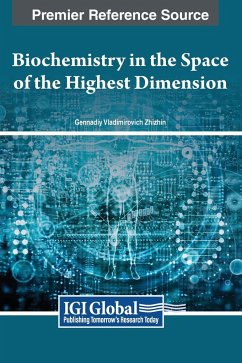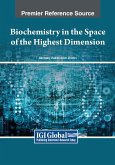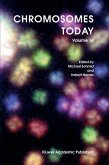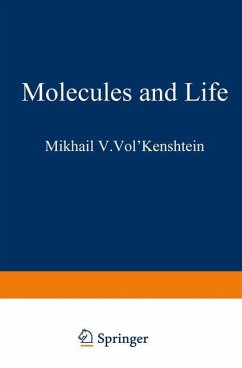In biochemistry, a critical oversight persists in neglecting molecules' higher dimensionality and its profound implications for living organisms. Despite groundbreaking research revealing the transformative properties imbued by higher dimensions, mainstream biochemistry remains entrenched in a two-dimensional paradigm, failing to recognize the intricate relationship between molecular structure and biological function. This oversight poses a significant obstacle in understanding and addressing complex diseases plaguing humanity, from cancer to neurological disorders. Biochemistry in the Space of the Highest Dimension is a groundbreaking book that pioneers a paradigm shift in biochemistry, systematically unraveling the mysteries of higher-dimensional biomolecules and their impact on living organisms. Through meticulously researched chapters addressing topics from the structure of nucleic acids to the emergence of life itself, this book provides a comprehensive framework for understanding and leveraging the power of higher dimensions in biochemistry. Bridging the gap between theory and application offers scholars and practitioners a transformative roadmap toward innovative therapies and a deeper understanding of life's complexities.








